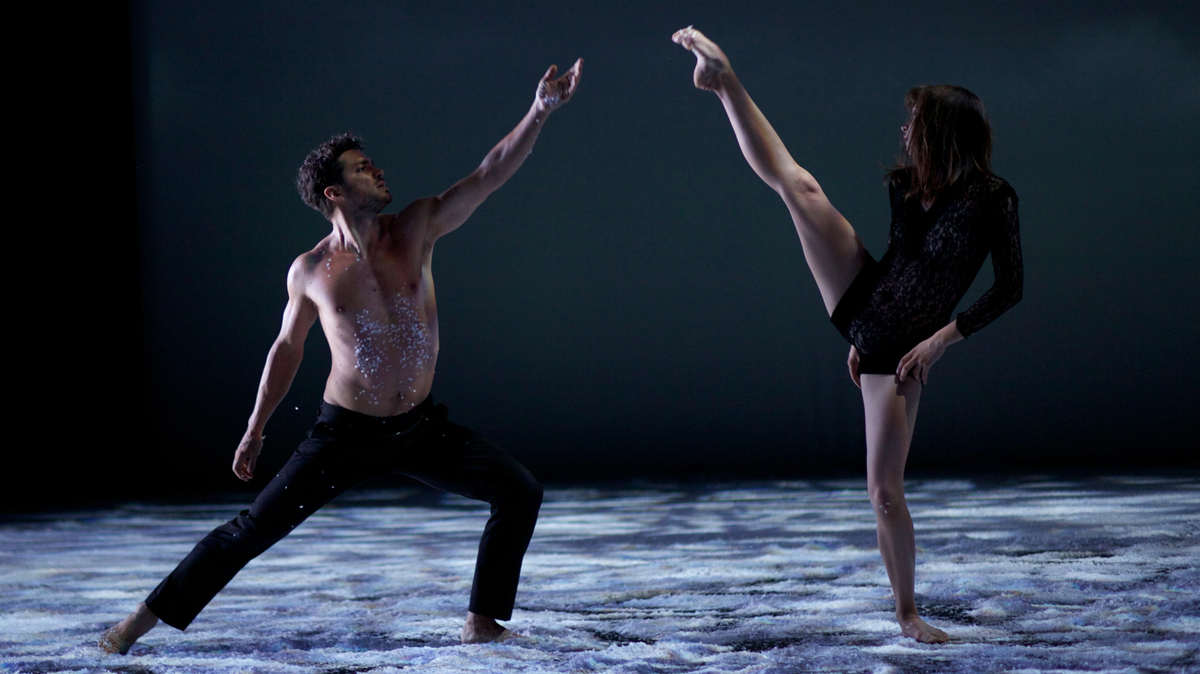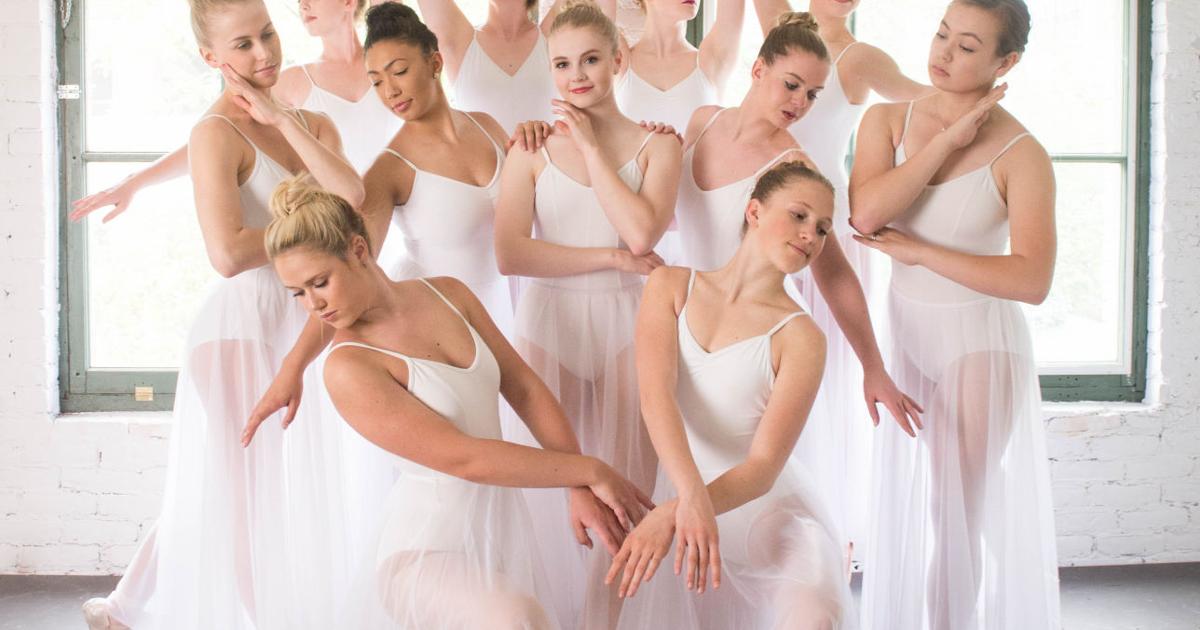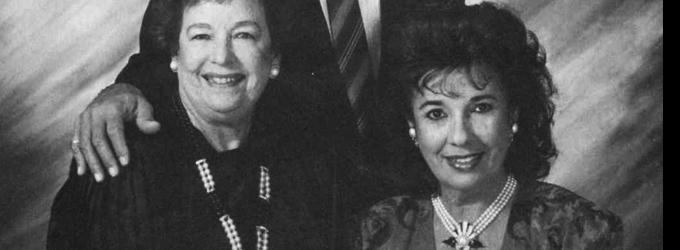It Takes Tutu To Tango: Karl (Jeremie Belingard) and Polina (Anastasia Shevtsova) in Polina.
Oscilloscope
hide caption
toggle caption
Oscilloscope

It Takes Tutu To Tango: Karl (Jeremie Belingard) and Polina (Anastasia Shevtsova) in Polina.
Oscilloscope
For a brief moment, the French-made film Polina follows the line of the traditional ballet narrative: the journey of a heroine of exceptional promise through clustered obstacles, to the triumph of the tutu. Then the film takes a sharp left turn into an entirely different fairy tale, a modern dance musical to watch with bits of histrionic life and the chance to see Juliette Binoche strutting around smoothly. The almighty tutu gets nothing more than a cameo as a soft bed for two young principal dancers whose hormones are running wild. They are curtains for the rigid Bolshoi orthodoxy as a young Russian ballerina on the cusp of stardom breaks free and pursues her own path in life and art.
St. Petersburg ballerina Anastasia Shevtsova stars as Polina, a curvy pixie-eyed nymph whose poor but ambitious parents pushed her into rigorous training with Bojinski (Aleksei Guskov), a steep martinet and every square inch the maestro who barks through every ballerina myth worth his salt. The creepy dude is dedicated to taming his willful load (“You’re not very flexible,” he squeaks as child Polina, played by Veronika Zhovnytska, positions her leg close to her chin) while holding her preparing to audition for the Sacred Bolshoi. Only there’s a bend in the story that allows writer and co-director Valerie Muller to take a brief but unequivocal jab at the rigors of the Soviet aesthetic. Bojinksi, we learn, was once an artistic renegade himself. So when Polina drops out to take modern dance training in the West, he’s less devastated than the parents who sacrificed everything for their daughter.
Love and hardships await in Aix-en-Provence, where Binoche’s contemporary dance choreographer Liria is no more inclined than Bojinski to indulge – or, above all, crush – the willful stubbornness of Polina, a double-edged sword that bothers even the girl. because it propels her into a creative destiny more in tune with the diverse and edgy rhythms of urban life.
Co-directed by Muller with Franco-Albanian choreographer Angelin Preljocaj, Polina is adapted from a graphic novel by Bastien Vives, a form that suits Polina’s journey into modernity but doesn’t translate very well to a realistic narrative. Perhaps that’s why the film’s smooth visual rhythms are hampered by a clunky script riddled with cliches and which drags poor Binoche into presumptuous credos (“All my work is a matter of absence”) as ‘she really wants to galvanize Polina to stop being such a diva and get a life in the spit and sand of the city.
It’s there that Polina comes to life as a seductive hip-hop ballet. A classically trained choreographer who switched to contemporary dance, Preljocaj has an exuberant understanding of the democratizing power of form to plunder the daily gesture and make it heroic. The dance sequences are ecstatically shot by George Lechaptois against a dramatic Antwerp skyline etched with cranes, where Polina teams up with a seductive hip-hop choreographer (Jérémie Belingard). Together, the pair piece together moves seen in the subway and the squalid bar where Polina found a plebeian community. If it’s its own kind of cliche, it’s a charming cliche for our times – and generous enough to send Polina on a short trip home in the heyday, to pay homage to the classicist who brought it both formed and released.




